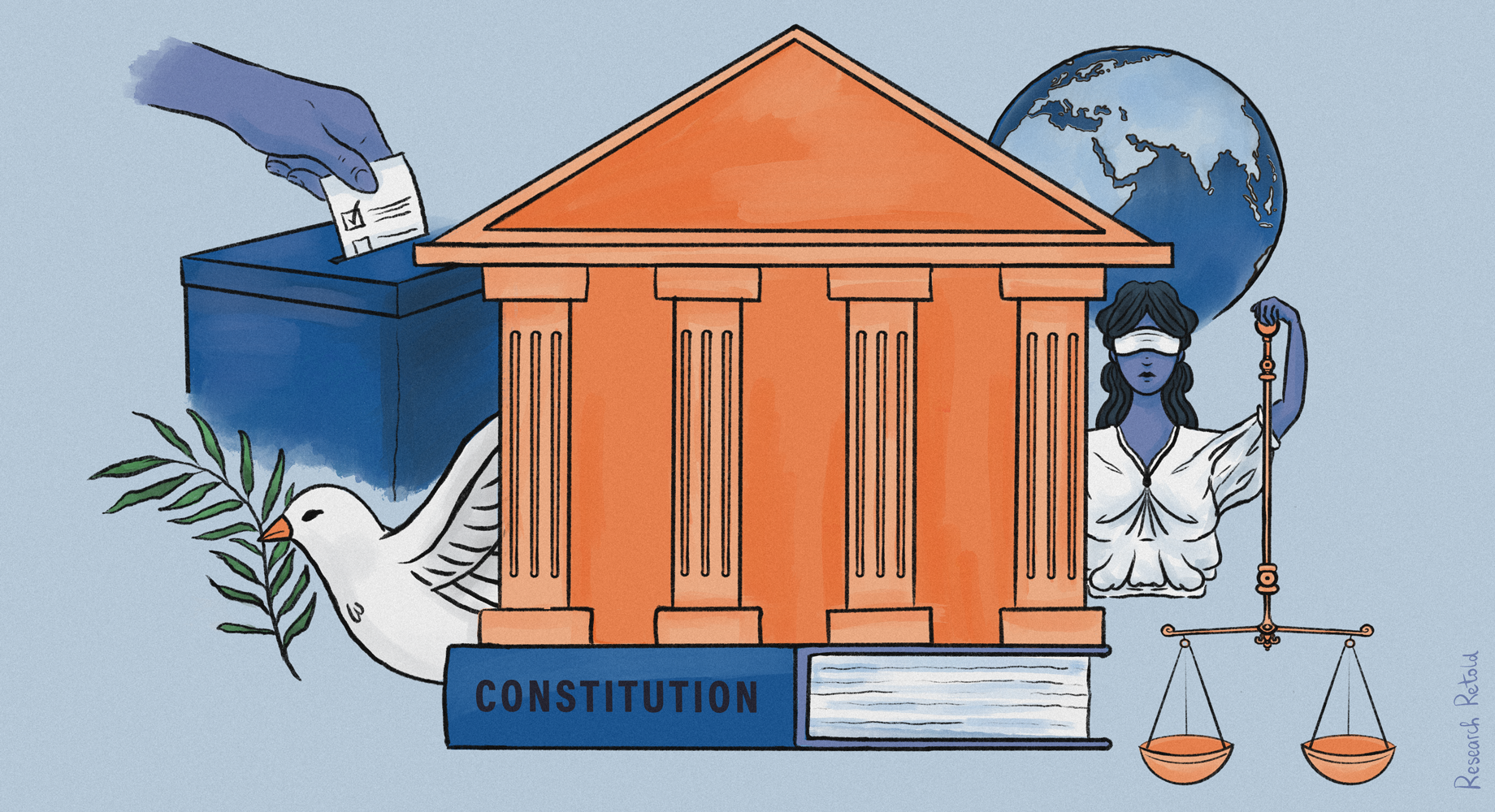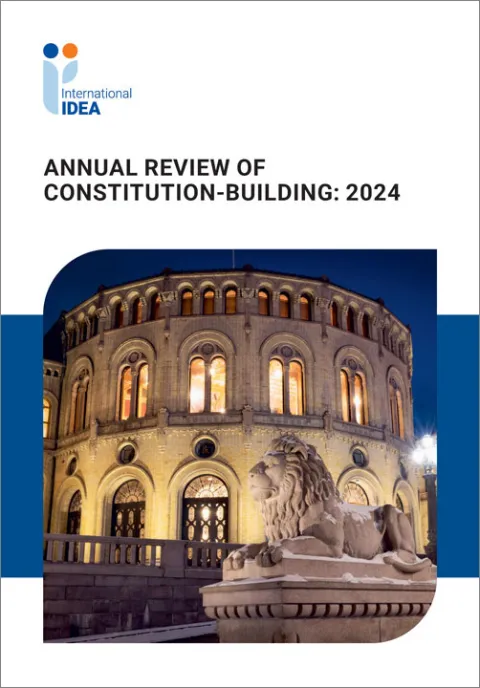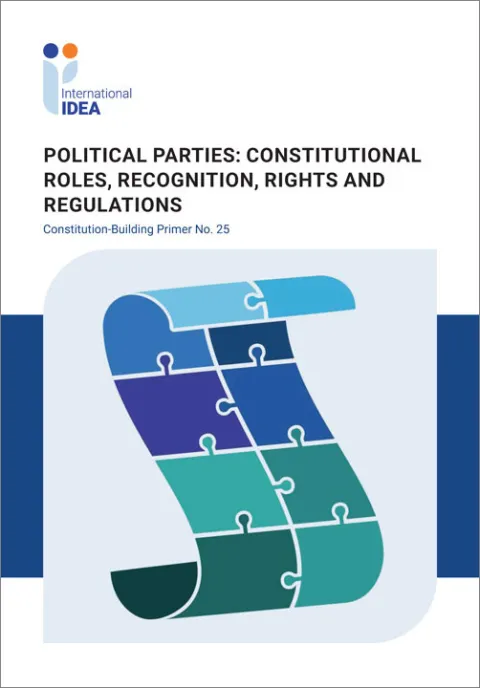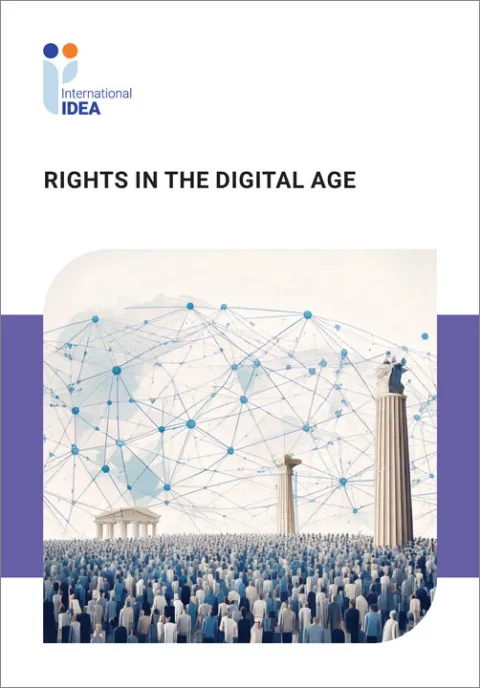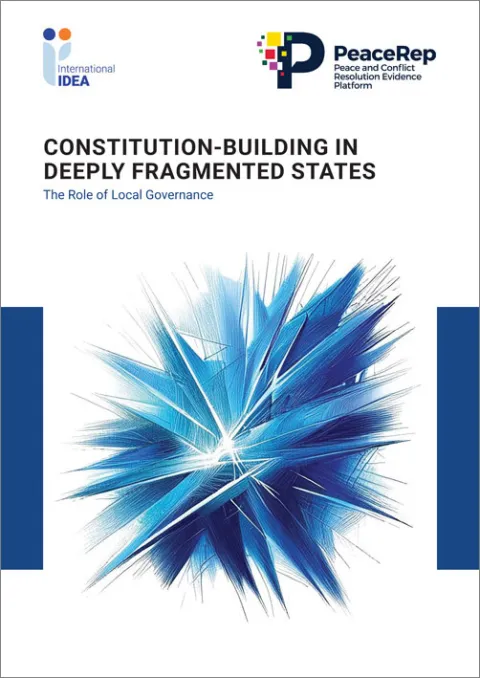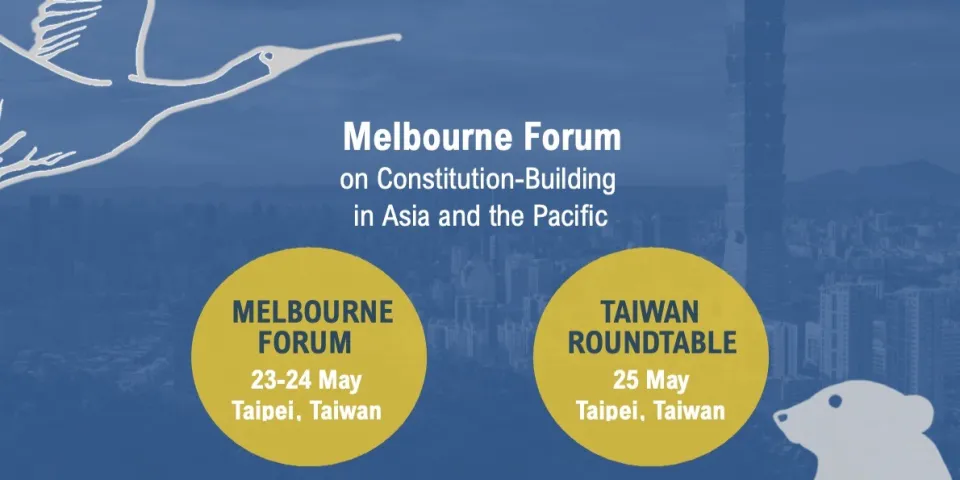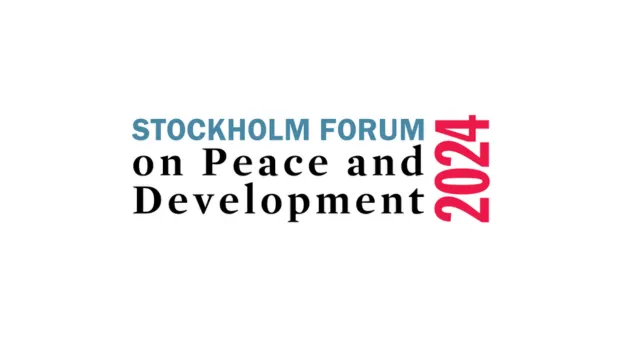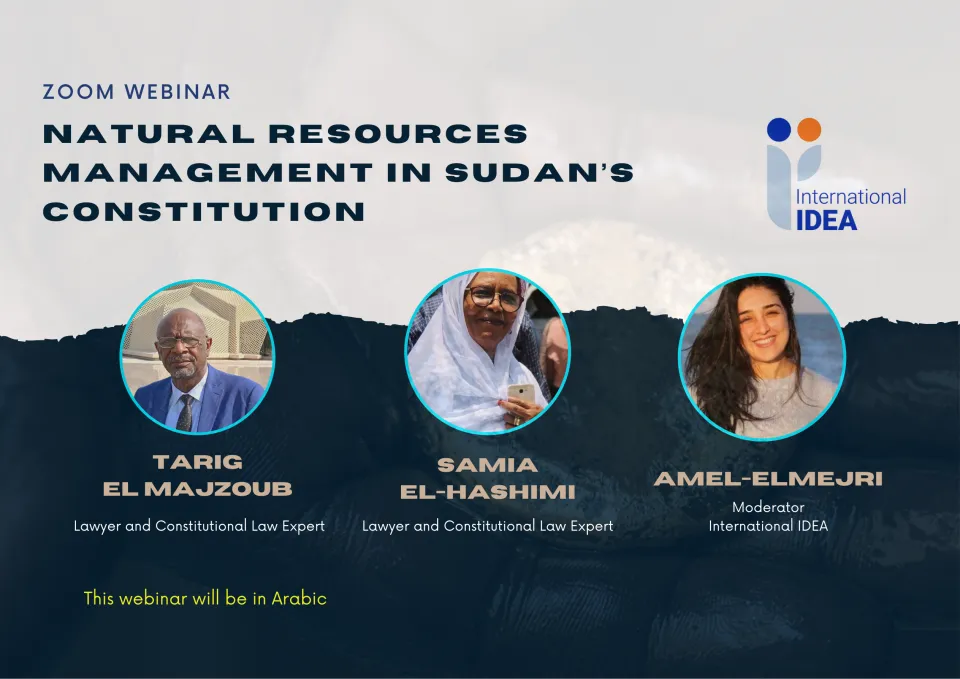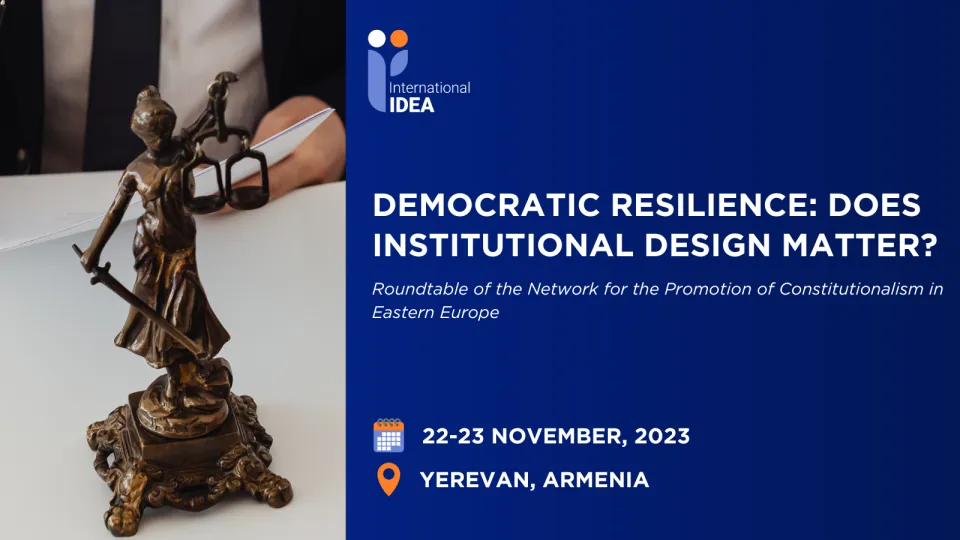Presidential Veto Powers
A presidential veto is a constitutional rule that enables a president (or elected head of state who might, in some cases, go by another title) to refuse assent to a bill that has been passed by the legislature, and thereby to stop the bill from becoming law. The grounds on which the veto power may be exercised and the difficulty of overturning the veto vary between jurisdictions.
International IDEA’s Constitution-Building Primers are designed to assist in-country constitution-building or constitutional-reform processes by helping citizens, political parties, civil society organizations, public officials and members of constituent assemblies make wise constitutional choices. They also provide guidance for staff of intergovernmental organizations and other external actors working to provide well informed, context-relevant support to local decision-makers.
Each Primer is written as an introduction for non-specialist readers, and as a convenient aide-memoire for those with prior knowledge of, or experience with, constitution-building. Arranged thematically around the practical choices faced by constitution-builders, the Primers aim to explain complex constitutional issues in a quick and easy way.
This revised and reformatted edition was published in October 2017.
Details
Staff author
Contents
1. Introduction
2. What is the issue?
3. Nature and purposes of the veto power
4. Basic design options
5. Additional design considerations
6. Contextual considerations
7. Alternatives to the presidential veto
8. Decision-making questions
9. Examples
References
Annex
Give us feedback
Do you have a question or feedback about this publication? Leave us your feedback, and we’ll get back to you
Send feedbackPresidential Veto Powers
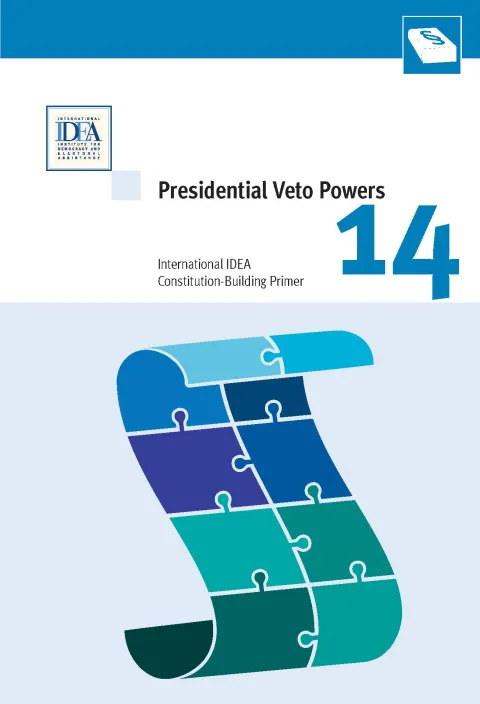
| Total views | 138667 |
|---|---|
| Downloads | 344 |
| Rating |
Staff author
Give us feedback
Do you have a question or feedback about this publication? Leave us your feedback, and we’ll get back to you
Send feedback